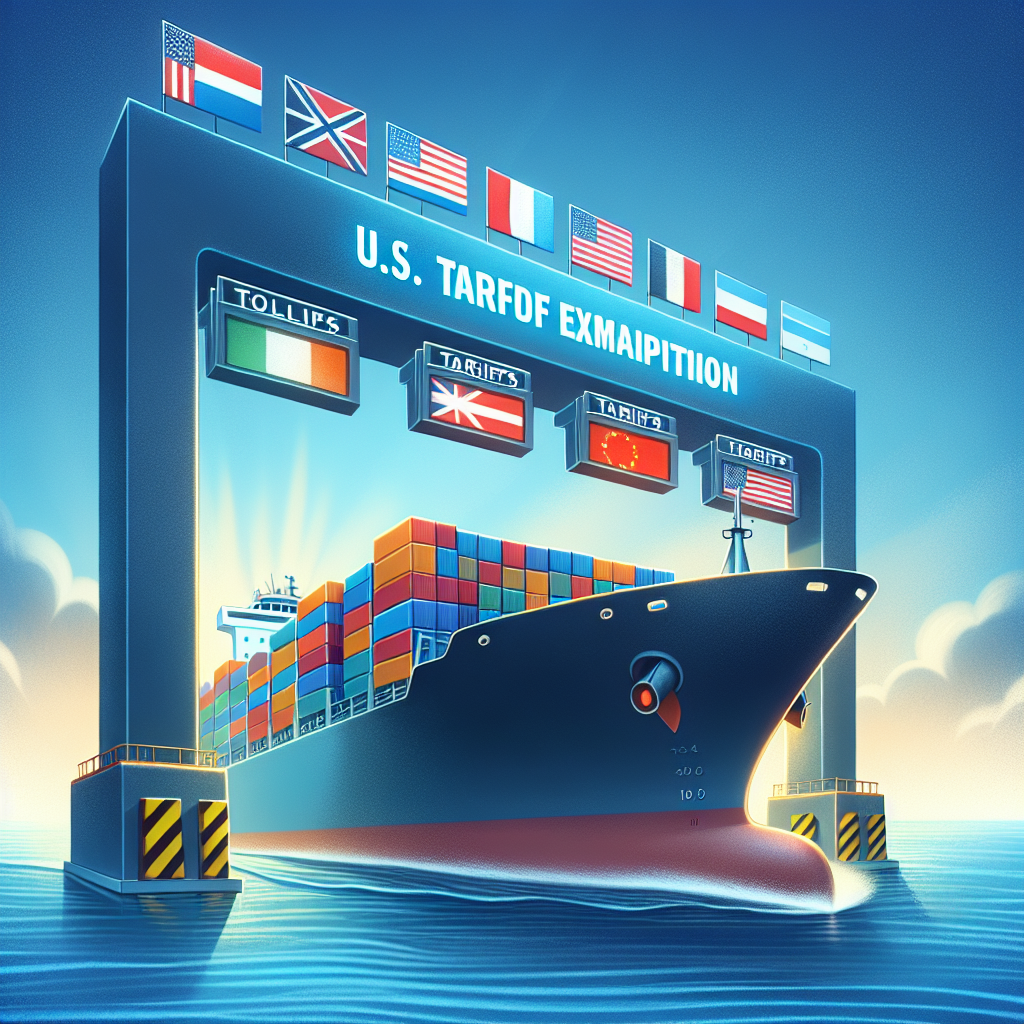End of De Minimis: U.S. Tariff Policy Overhaul
The U.S. ended tariff exemptions for imports valued under $800, affecting e-commerce and supply chains. Importers face new flat-rate duties for six months. The move, aiming to curb illegal imports, could boost customs revenue by $10 billion annually. Goods from China increased dramatically due to previous tariff hikes.

The United States has officially terminated the tariff exemptions for parcel imports under $800, a move expected to increase costs for consumers and businesses engaging in online trade. The U.S. Customs and Border Protection agency is now collecting standard duty rates on such shipments, impacting the logistics and e-commerce sectors.
This adjustment extends the cancellation process of the de minimis exemption, initially applied to China and Hong Kong, aiming to decrease fentanyl trafficking and counterfeit goods. Officials believe the updated policy could generate an additional $10 billion annually for U.S. customs, addressing the long-standing tariff loophole.
The change comes following China's increased export volumes, driven by previous U.S. tariff hikes, and presents a historic milestone for domestic manufacturing. However, it poses challenges for international postal services, as housewares are adjusting to new costs and paperwork requirements under the altered duty landscape.
(With inputs from agencies.)
- READ MORE ON:
- tariff
- e-commerce
- imports
- U.S. Customs
- de minimis
- China
- logistics
- duties
- supply chain
- postal services
ALSO READ
U.S. Revokes Chip Equipment Authorizations for Samsung and SK Hynix in China
Russia and China Unite Against Trade Sanctions
U.S. Tightens Chip Export Rules Impacting Samsung and SK Hynix in China
U.S. Tightens Grip on Semiconductor Exports to China
Shehbaz Sharif's Diplomatic China Visit to Intensify Ties










